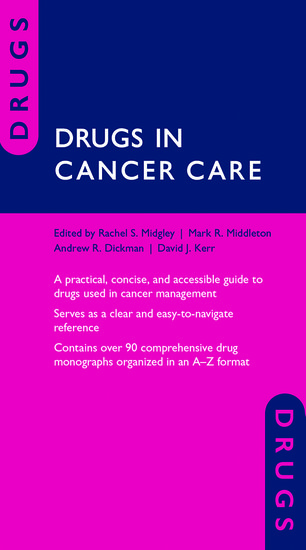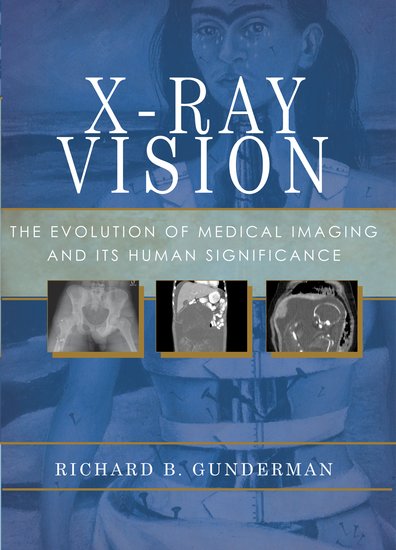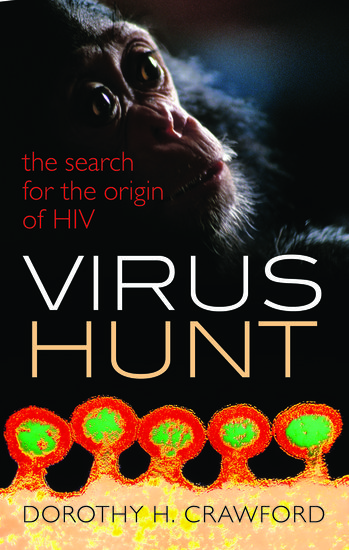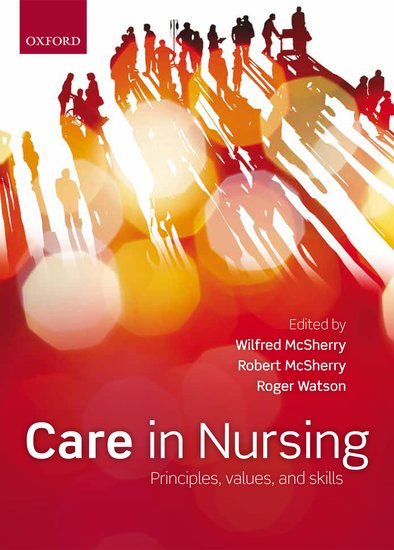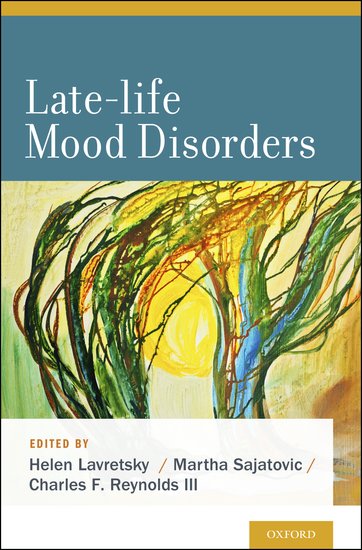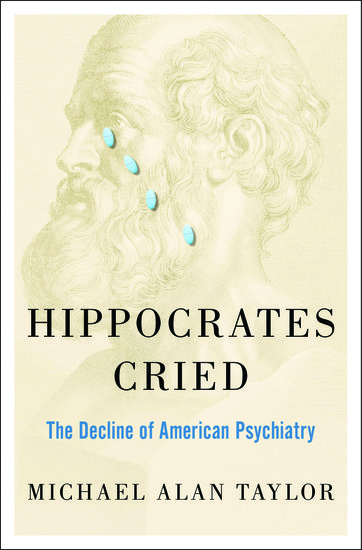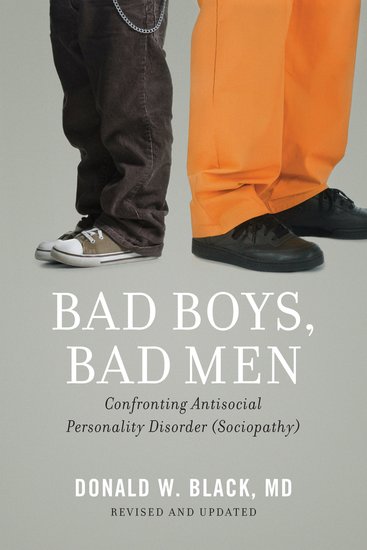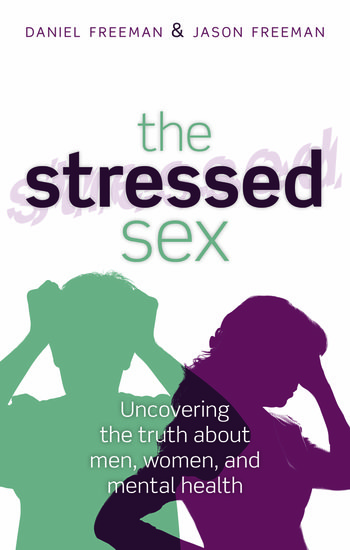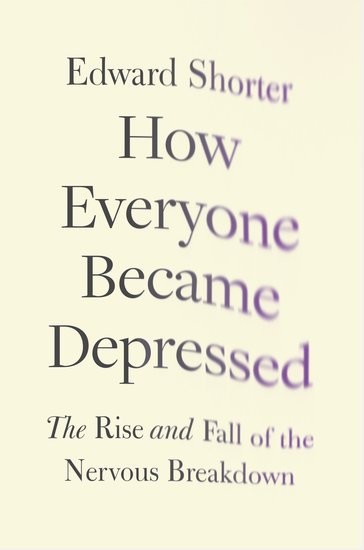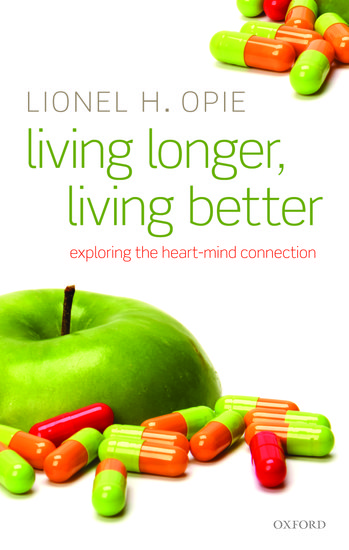World No Tobacco Day: How do we end tobacco promotion?
By Linda Bauld
For the past 25 years, the World Health Organisation and its partners have marked World No Tobacco Day. This day provides an opportunity to assess the impact of the world’s leading cause of preventable death – responsible for one in ten deaths globally – and to advocate for effective action to end tobacco smoking. This year, the WHO has selected the theme of banning tobacco advertising, promotion, and sponsorship.


